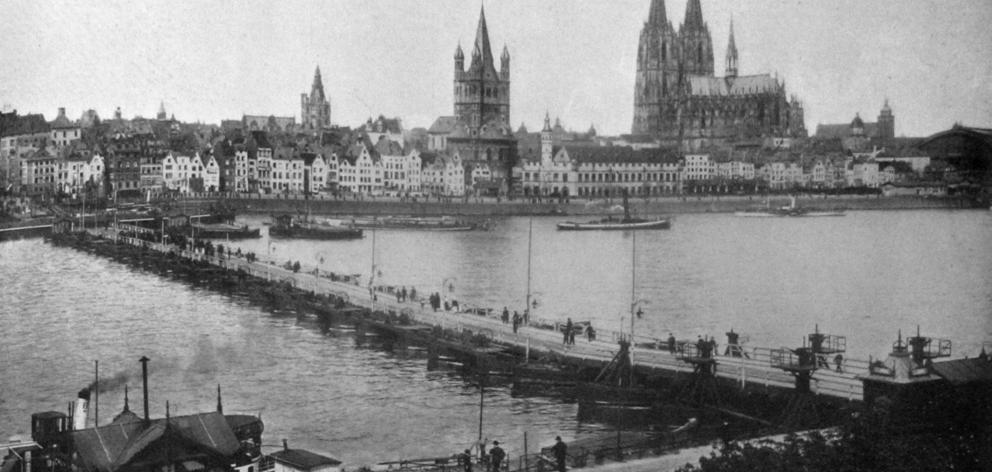
Some of the houses that have been visited by the V.A.D. workers in Timaru presented a shocking condition of dirt and squalor. Poverty was not the sole cause of the unhealthy conditions, as cases have come under notice where the father of a family was earning a fair wage, but the home management — there was none, and every member of the household appeared to shift for himself or herself. In poorer quarters it has been found in many cases that the conditions which obtained were a distinct contrast.
The cupboard might not be overburdened with food, and the children’s clothes might be threadbare, but everything was as clean as soap and water could make it. Another noticeable thing that has been found in Timaru by the V.A.D. workers is the large number of cases of real want that the general public thought never existed here. The V.A.D. and relief committee have commenced working on these cases, finding them out and reporting to the proper quarter.
In some instances four or five in one family have been found living in a room 10ft square. In one case a worker found four children sleeping in one bed, two at the top and two at the bottom. Their covering consisted of any old clothing that could be found. The father of one family was discovered suffering from influenza. He was lying on an iron bedstead, on which there was neither mattress nor tick, and for a covering he had an overcoat and a few odd bits of clothing. In many homes it has been found that not a scrap of food was in the place. The cupboard shelves were bare. Of tea, sugar or milk there was no trace.
Horses and flu
The report that horses in Hawke’s Bay are contracting influenza is not surprising to those who remember the first epidemic in 1890. In the Taranaki district especially, horses suffered severely from the trouble, and many young animals died through it. The poor beasts wore a most pathetic appearance, and staggered about in a hopeless fashion, as if trying to get away from the torment of the attack. It seemed to affect their eyes very badly, and some of those who finally got well never seemed to get thoroughly over the eye trouble, which could always be noticed when they were working hard or got fatigued.
Fishy labels
Apparently it is not only the amateur fisherman who finds the path of truth difficult to follow (remarks the Wellington Post). The Hon. G. M. Thomson was speaking in the Legislative Council of the market awaiting New Zealand groper in England. Then he referred to another matter: ‘‘You don’t need to tell the public too much about business when you are embarking on it,’’ he said. ‘‘The fish must be presented attractively. A little while ago I saw a box attractively decorated, filled with fillets of golden-brown smoked fish, labelled ‘Smoked haddock. 1s 3d a lb.’ I went in, took up the fish, and said to the fishmonger, ‘What do you call that?’ He said ‘Smoked haddock.’ I said ‘Nonsense,’ and he asked, ‘What do you call it, then?’ I said, ‘Dogfish’ and he rejoined, ‘Go away; you know too much.’’’ — ODT, 4.12.1918.
• COPIES OF PICTURE AVAILABLE FROM ODT FRONT OFFICE, LOWER STUART ST, OR WWW.OTAGOIMAGES.CO.NZ












